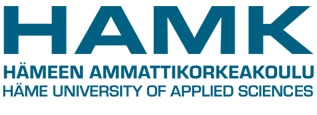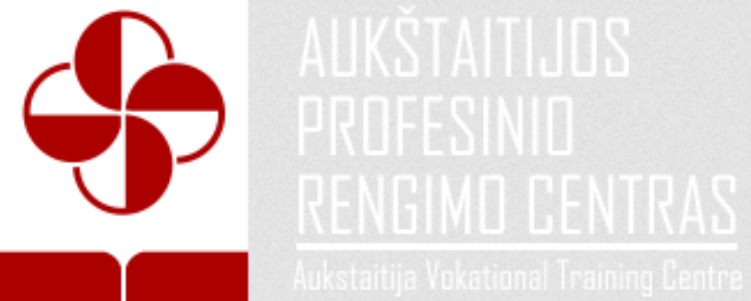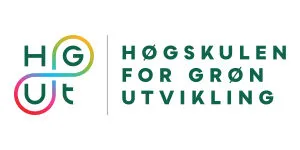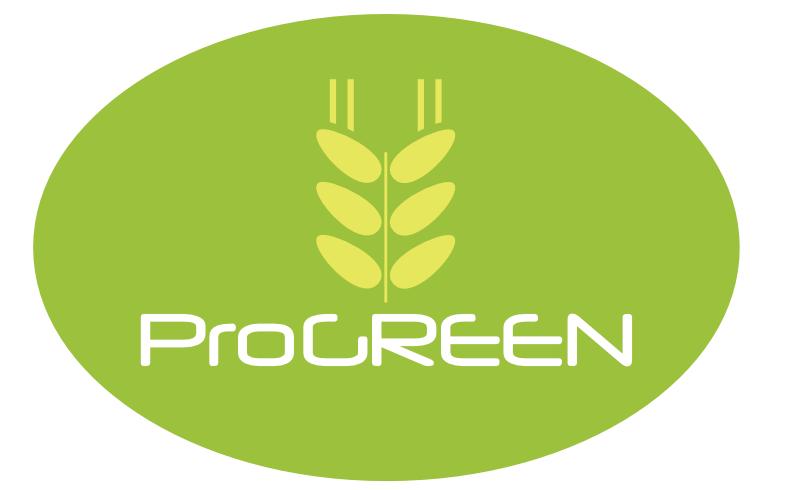Project Partners

Hanse-Parlament
The Hanseatic Parliament is an association of 50 chambers of industry, commerce and crafts from 13 countries, representing over 475,000 SMEs in the Baltic Sea region. It strengthens the economic performance of the region and promotes SMEs in particular, with a focus on vocational training in the EU. The head office in Hamburg serves as a service center, think tank and development department. It develops support measures, tests them with partners and disseminates them to all members. The Hanse-Parlament has been in existence since 1994 and ensures sustainable international cooperation. In 2010, it founded the Baltic Sea Academy, a department with 22 universities from 9 countries that run dual study programs and research projects for SMEs and promote the transfer of knowledge and innovation. The close cooperation between universities, chambers of commerce and SMEs is used intensively for projects.

Landwirtschaftskammer Hamburg
The Hamburg Chamber of Agriculture is a public corporation and is responsible for vocational training in agriculture and horticulture. It runs a training centre for gardeners and offers further training and examinations for farmers and gardeners. The Chamber advises agricultural and horticultural companies in Hamburg and represents their interests vis-à-vis politicians and administrators.
With extensive experience in dual vocational training and professional development, it develops innovative programmes in the green economy and promotes the implementation of the German dual education system in partner countries. It is supported by qualified advisors and teachers and cooperates with external lecturers and honorary committee members.

HAMK
The Häme University of Applied Sciences (HAMK) is a multidisciplinary, practice-oriented university in southern Finland with seven campuses in the Helsinki metropolitan area. HAMK offers 27 bachelor’s and 10 master’s degree programmes, as well as professional teacher training, 10 of which are taught in English. With around 8,800 students and 680 employees, HAMK has a high employment rate among its graduates, with many starting their own businesses. The university also has an international student body from around 65 countries.
HAMK has four research units: HAMK Bio, HAMK Edu, HAMK Smart and HAMK Tech, which carry out applied research and support teaching. Of particular note is the HAMK Bioeconomy research unit, which carries out projects in the field of bioeconomy, including circular economy and biomass recycling. The Mustiala teaching and research farm, with 80 dairy cows and organic plant and milk production, uses modern technologies such as drones and sensors for research and teaching.

AUKŠTAITIJA VOCATIONAL TRAINING CENTER
The Alanta School of Technology and Economics, originally founded in 1940 as an agricultural school, was converted into a public educational institution in 2004. It currently has over 470 students and 50 teachers and offers programmes in organic farming, agricultural work, machine maintenance and environmental management. In addition to agricultural studies, educational programmes for chefs and waiters are also provided to cover the entire food production process.
The school operates a biomass power plant for energy supply and offers practical training in workshops for metal and woodworking as well as agricultural machinery. It organises national and international competitions in tractor driving and technology.
The Alanta School has extensive experience in vocational education and training and has successfully participated in EU projects such as ‘Sustainable Farming’ and the ‘Agricultural Sectoral Practical Training Centre’. The project ‘Establishing an Agricultural Practice Base’ is currently being implemented. The school has strong links with universities and research institutions in Lithuania, which supports the dissemination and implementation of project results.

Høgskulen for grøn utvikling
The HGUt is a state-recognised private university in the south-west of Norway, 40 km south of Stavanger. It offers flexible college courses in rural development, cultural heritage, regenerative agriculture and community strengthening, with a focus on value creation and entrepreneurship. HGUt offers the only bachelor’s degree in innovation and social development in Norway and promotes the modern development of traditional skills.
The university focuses on equine management, maritime traditions, agriculture and local industrial heritage. Internationally, it works on the reconstruction of historic buildings and develops sustainable educational programmes that combine traditional skills with academic education. HGUt has highly qualified staff and uses dialogue-based methods.
HGUt is a leader in regenerative agriculture in Norway and has extensive experience in international projects and curriculum development.

ITA Emilio Sereni
The Agricultural Technical Institute ‘Emilio Sereni’ in Rome is a renowned school of higher technical education in Italy. With over 1,200 students and staff spread across three sites, the school offers comprehensive educational programmes in viticulture and oenology, environmental and territorial management, and food production and processing. Teaching is organised into five levels, with the oenology course offering a sixth year.
The school combines theoretical knowledge with practical learning to facilitate students’ transition into the world of work. This includes work-related learning and internships that promote general and professional skills. Particular attention is paid to the green economy, with a focus on organic farming, renewable energy and sustainable water use.
The school has numerous international partnerships, including projects with universities in Italy and Israel to research topics such as microplastics, reef barrier restoration and sustainable wine and olive growing.


Funded by the European Union. Views and opinions expressed are however those of the author(s) only and do not necessarily reflect those of the European Union or the European Education and Culture Executive Agency (EACEA). Neither the European Union nor EACEA can be held responsible for them.
